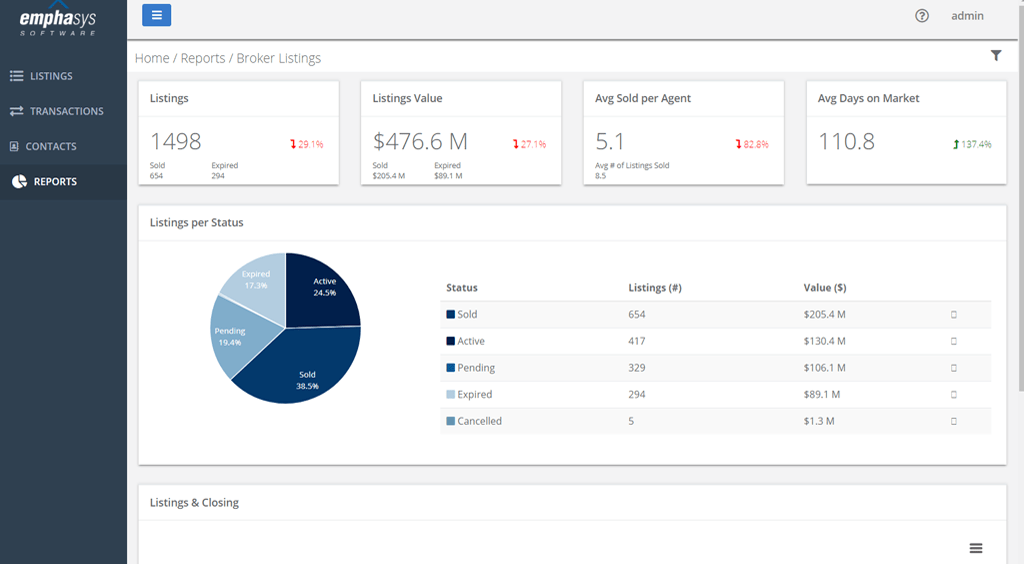How to Buy a House in the US: A Comprehensive Guide

Anúncios
Wondering how to buy a house in the US? Whether it’s the allure of a suburban retreat, a bustling city apartment, or a cozy countryside abode, the journey to homeownership in the US can be both thrilling and daunting.
Navigating the complexities of the American real estate market requires careful planning, research, and a clear understanding of the process..
Anúncios
This guide aims to demystify the path to purchasing a home in the United States, offering essential tips and insights. So, let’s delve into the steps and strategies that can pave the way to your American dream home.
Do a Research
Before embarking on the journey to how to buy a house in the US, it’s crucial to conduct thorough research. Begin by clearly defining your personal and financial goals.
Anúncios
Understand what you want in a home, considering factors like amenities, location preferences, and your budget constraints. Utilize online platforms such as Zillow, Trulia, Redfin, and realtor.com to explore available properties that align with your criteria.
Additionally, perform basic financial calculations to determine the home price within your affordability range.
Online mortgage payment calculators can be instrumental in adjusting your expectations based on your budget.
This initial research phase lays the foundation for informed decision-making throughout the homebuying process.
It’s essential to consider not only the purchase price but also the ongoing expenses of homeownership. Factor in costs like property taxes, homeowners association fees, and maintenance expenses.
Being well-prepared from the outset ensures a smoother and more confident approach to buying a house.
Check Your Credit Score and Financial Information
Your credit score plays a pivotal role in determining your financing options and the terms of your loan.
Begin by obtaining your credit report and score from major credit reporting agencies, including Equifax, Experian, and TransUnion. Review your credit history and address any discrepancies or issues.
A higher credit score opens doors to lower interest rates, making your mortgage more affordable.
As you assess your creditworthiness, gather other financial information, such as recent pay stubs and bank statements.
Being well-informed about your credit standing and financial health will empower you when engaging with lenders and real estate professionals.
Understanding how different credit score ranges impact your mortgage interest rate and monthly payments is crucial.
Take proactive steps to improve your credit score if needed, as it can significantly impact your ability to secure favorable financing terms.
Find a Trusted Real Estate Agent
Navigating the complex landscape of real estate transactions requires the expertise of a trusted real estate agent.
Take the time to interview and select an agent who aligns with your preferences, communication style, and has in-depth knowledge of the area where you intend to buy.
The right agent becomes a valuable partner, guiding you through the homebuying process, providing insights, and advocating for your best interests.
Treat the initial meeting or call with an agent as a job interview, ensuring they have the experience and dedication to make your homebuying journey a success.
Real estate agents can offer valuable recommendations for other professionals in the industry, including mortgage lenders, home inspectors, contractors, and title companies.
Establishing a strong relationship with your agent is key, as they continue to be a resource even after the purchase is complete.
Their local market knowledge and negotiation skills can make a significant difference in your overall homebuying experience.
Start a House Budget
Now another important tip on how to buy a house in the US. Creating a realistic housing budget is a critical step in the homebuying process. The purchase price and down payment are only part of the financial picture.
Factor in ongoing expenses like property taxes, homeowners insurance, and potential homeowners association fees.
Carefully analyze your monthly budget to ensure that you can comfortably manage mortgage payments along with other day-to-day bills.
Buyers often underestimate additional costs, such as maintenance expenses, so it’s crucial to plan for these long-term financial commitments.
By establishing a comprehensive housing budget, you gain clarity on your financial capacity and set realistic expectations for your homeownership journey. Consider the maximum loan you qualify for and explore different mortgage options.
Getting preapproved for a mortgage is a crucial step that provides a firm understanding of your affordability range.
This information not only aids in the house-hunting process but also demonstrates your financial readiness to sellers when making an offer.
Look for a Mortgage
Shopping for a mortgage is a pivotal stage in the homebuying process. Engage with at least three lenders or a mortgage broker to explore various loan options and interest rates.
Having a Bankrate account can assist in determining the optimal time to secure your mortgage with daily rate trends.
An experienced mortgage lender will guide you through available options and associated costs, ensuring you make an informed decision aligned with your financial goals.
First-time homebuyers should inquire about programs or incentives that might be available to them. Government-backed loans, such as FHA, VA, or USDA loans, often offer lower down payment requirements, making homeownership more accessible.
Conventional loans backed by Fannie Mae and Freddie Mac provide additional alternatives. A thorough understanding of mortgage terms and rates empowers buyers to choose a financing option that best suits their needs and financial situation.
Start Visiting the Houses
Armed with a clear budget and preapproval, it’s time to start visiting potential homes. Collaborate closely with your real estate agent, who will present listings matching your criteria and encourage exploration of additional options online.
While in-person tours remain popular, virtual tours, Instagram Live events, and enhanced online viewing experiences are gaining traction, catering to buyers who may be unable or unwilling to visit properties physically.
Maintain an open mind during this phase, prioritizing essential features while understanding that compromises may be necessary.
Exploring different neighborhoods and attending open houses provides valuable insights into the local real estate market. Keep notes on each property visited to avoid confusion as you evaluate various options.
In a competitive market, flexibility with your schedule is essential to seize opportunities when exceptional homes are listed. Remember this among the tips on how to buy a house in the US.
Make an Offer
Once you’ve identified the house you’d like to call home, the next step is to initiate a conversation with your real estate agent about making an offer.
Collaborate with your agent to review the sale prices of comparable homes in the area, aiding in determining the fair market value of the property.
While market data is essential, consider your own preferences and needs when determining the offer price.
Skillful negotiation is key during this phase, and your agent will guide you through the process.
Negotiations may involve counteroffers or discussions about covering specific closing costs. Work closely with your agent to navigate contingencies within the contract and address any factors that could impact the final sale price or your ability to close on time.
Clear communication and a strategic approach are vital components of successful negotiations. And of course, it’s an important tip on how to buy a house in the US.
Be Free to Negotiate
Negotiating is an integral part of the homebuying process. Sellers may respond with counteroffers or requests for specific concessions, creating opportunities for further negotiation.
Your real estate agent plays a crucial role in representing your interests during these discussions.
Be prepared to assess each negotiation point carefully, considering your priorities and the overall fairness of the deal.
Balancing assertiveness with flexibility can lead to mutually beneficial agreements. Negotiations often extend beyond the purchase price, encompassing contingencies related to financing, appraisal, and home inspection.
Your real estate agent’s expertise becomes particularly valuable in navigating these intricacies and ensuring that the final terms align with your expectations.
Get a Home Inspection
With a tentative deal in place, it’s time to proceed with due diligence, including a comprehensive home inspection.
Your real estate agent can recommend experienced inspectors who will assess the property’s condition and identify any potential issues.
The inspection report becomes a crucial tool for negotiating repairs or credits with the seller, ensuring that the property meets your expectations.
Major issues revealed during the inspection, such as structural concerns or significant electrical issues, may impact your ability to secure financing.
It’s essential to approach this phase with a thorough understanding of the inspection process and a willingness to address necessary repairs or negotiate appropriate credits.
Submit Your Application
Simultaneously, as you navigate the inspection phase, proceed with submitting your formal mortgage application.
Provide your lender with the necessary financial documentation, including recent bank statements and pay stubs, to demonstrate your continued financial stability.
This step aligns with the broader timeline of the homebuying process, ensuring that all necessary components progress seamlessly towards closing.
As the wheels of the transaction continue turning, maintain open lines of communication with your lender. Promptly respond to any requests or questions, facilitating a smooth underwriting process.
Your proactive approach during this stage contributes to a timely and successful closing.
Did you like the tips on how to buy a house in the US? Take the opportunity to check out more content like this on our website!




